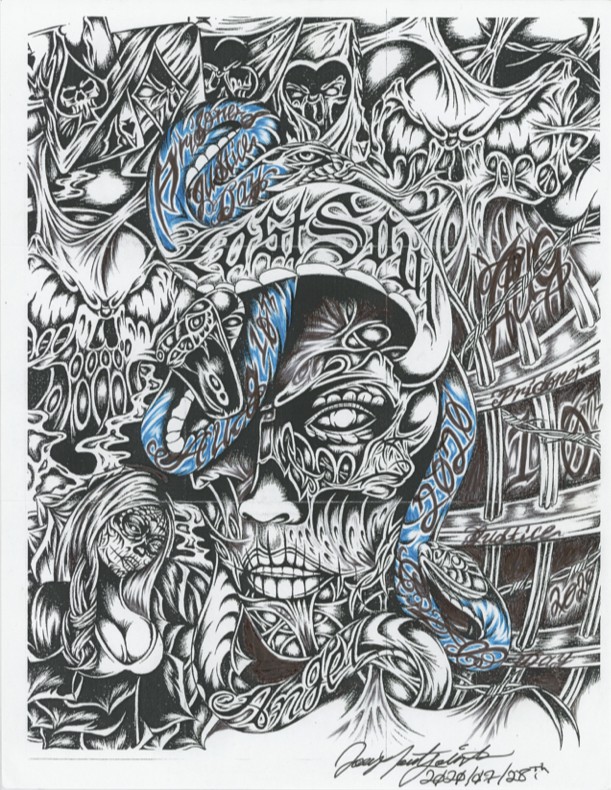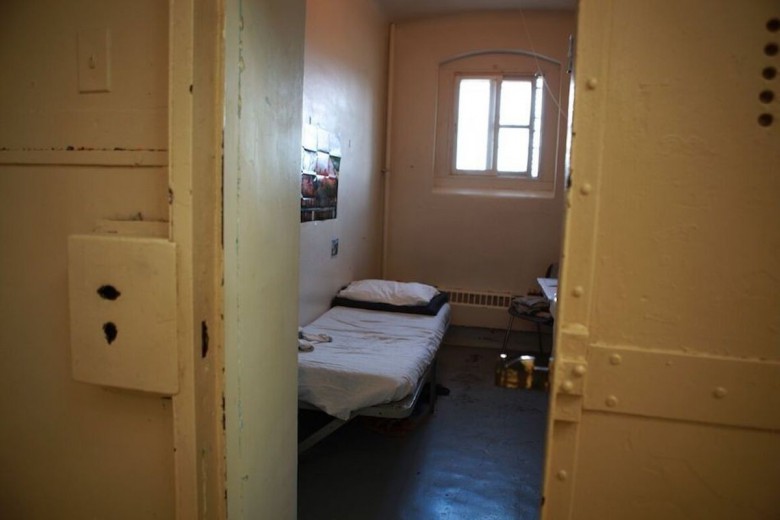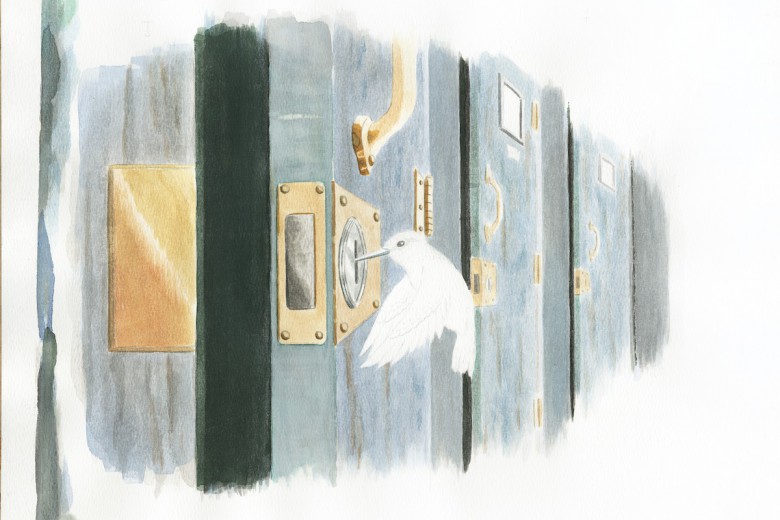
NOTICE: Pursuant to 42 U.S.C. § 1997d – Prohibition of retaliation: “No person reporting conditions which may constitute a violation under this subchapter shall be subjected to retaliation in any manner for so reporting.”
I feel healthy; I believe I am. I have no symptoms of any virus, or at least I don’t think I do. I’m incarcerated inside of a federal prison that had been unaffected until the day the CEO of this corporation allowed the admittance of the dreadful COVID-19 virus. Wow! From being a clean facility to over 30 detected cases of the deadly virus within weeks. Does my life matter?
A staff member said to me, “They’ll rather a couple of y’all die than to spend money to get y’all tested.” As I write this, on July 20, 2020, that same staff member has not been seen for almost two months. Unfortunately, we’ve been on a complete lockdown since March 20, 2020. But as far as I know, there were no cases of COVID here until July 2, 2020. Still, nearly three weeks later, no prisoner, inmate, convict – however you decide to classify the individuals imprisoned for some reason or another – in my facility has yet been officially tested for COVID. (Editor’s note: though the Federal Bureau of Prisons website says that on July 8, 2020, 32 inmates and six staff at FCI Jesup tested positive, Kuvé says testing began in his facility on November 17, 2020.)
Logically, the only way the virus can get into a medium-security federal prison located in a rural, wooded area in Wayne County, Georgia, is through staff or the transfer of an infected individual.
A full unit at maximum capacity can warehouse 144 bodies. Just this medium-security facility alone consists of eight units, not including the Special Housing Unit (SHU). Does my life matter?
Logically, the only way the virus can get into a medium-security federal prison located in a rural, wooded area in Wayne County, Georgia, is through staff or the transfer of an infected individual. The units are connected. The air ducts are joined to a main unit. The food is prepared by who knows, and while all of this is occurring, the prison population is secured behind 2 ½-inch-thick steel doors in a concrete casket, 12 ½ feet long by 6 ¼ feet wide, minus the fine furniture – a sink, toilet, lockers, desk, chairs, and bunk beds. The water is contaminated thanks to noxious waste from a nearby pulp mill, not to mention recycled; the cleaning supplies are diluted with the same recycled tap water and stored out of reach of those who are threatened by the infection the most. As this pen records these thoughts, the process has been interrupted by the news that there are 1,994 new confirmed COVID cases in the state of Georgia today. Does that total include any of the 102,000 humans locked in cages in federal and state prisons, local jails, and detention centres? Or is there no consideration of such people? Does my life matter?
In an April 8, 2020, memorandum, it was written that “on March 26, 2020, we implemented Phase 4 requiring all individuals entering our facilities, including staff, be screened and temperature checked. This was a critical step to ensure we reduce the risk of introducing and spreading the virus inside our facilities,” as per the directive of the BOP (Bureau of Prisons). However, on March 27, 2020, the Associated Press reported that “Officers at a medium-security federal prison in Jesup, Georgia, described broken thermometers hampering screenings. When a staff member got a frighteningly low reading of 89 degrees [Fahrenheit], an indication of hypothermia, management argued that each person’s body temperature is different and refused to replace the thermometers.” Pam Milwood, president of the Jesup prison union local, told the Associated Press that staff who say they are sick are still being told to work, and their temperatures are not being taken by medical staff. “How do you determine that I look sick and you don’t? Who makes that call? You have a factory foreman over there taking our temperatures, not even clinical. Who is he to make that call?” she asked. Haven’t seen her anymore, either! Still, does my life matter?
Does that total include any of the 102,000 humans locked in cages in federal and state prisons, local jails, and detention centres? Or is there no consideration of such people? Does my life matter?
Who cares about my parents, my children, or my siblings? Who’s concerned about my thoughts, safety, and security? Apparently, when the judge handed me this term of imprisonment, it was supposed to be the responsibility of the warden and staff under them. Phone calls, emails, even visitation have been suspended. I haven’t had any contact with my family and loved ones since March 20, 2020 – stopping visitation is understandable, since social distancing is necessary during COVID. But how can we social distance if two grown men share the same 78.125-square-foot living quarters? What about my thoughts, safety, and security – there’s a French word for that opinion, please excuse it! An April 15, 2020, memorandum said, “The inmate population will remain secured in their cells until further notice. [...] All department heads will conduct rounds inside their units on a daily basis to address these concerns,” as per the directive of the BOP. Unfortunately, until now, department staff have done rounds no more than twice a month, excluding staff from the psychology department who did adhere to the daily visits – although they have just recently decreased their visits to twice a week. If you don’t believe me, review the institution’s unit security surveillance footage from April 1, 2020, through today. Does my life matter?
Aaron McGlothin, head of the union local at FCI Mendota in California, told KHN, “You’ve got to understand, we’re in a prison, there’s nowhere to go. [...] If somebody comes down sick, what are you going to do? Everybody’s going to get sick.” So much for the safety and security of the institution! I said that last sentence ending with the exclamation mark. Even so, does my life matter now?




_780_520_90_s_c1.jpg)

